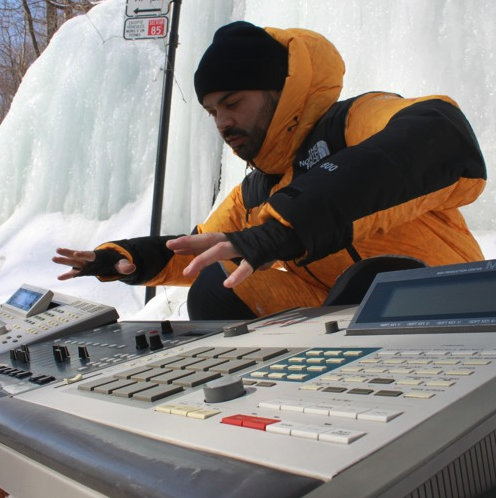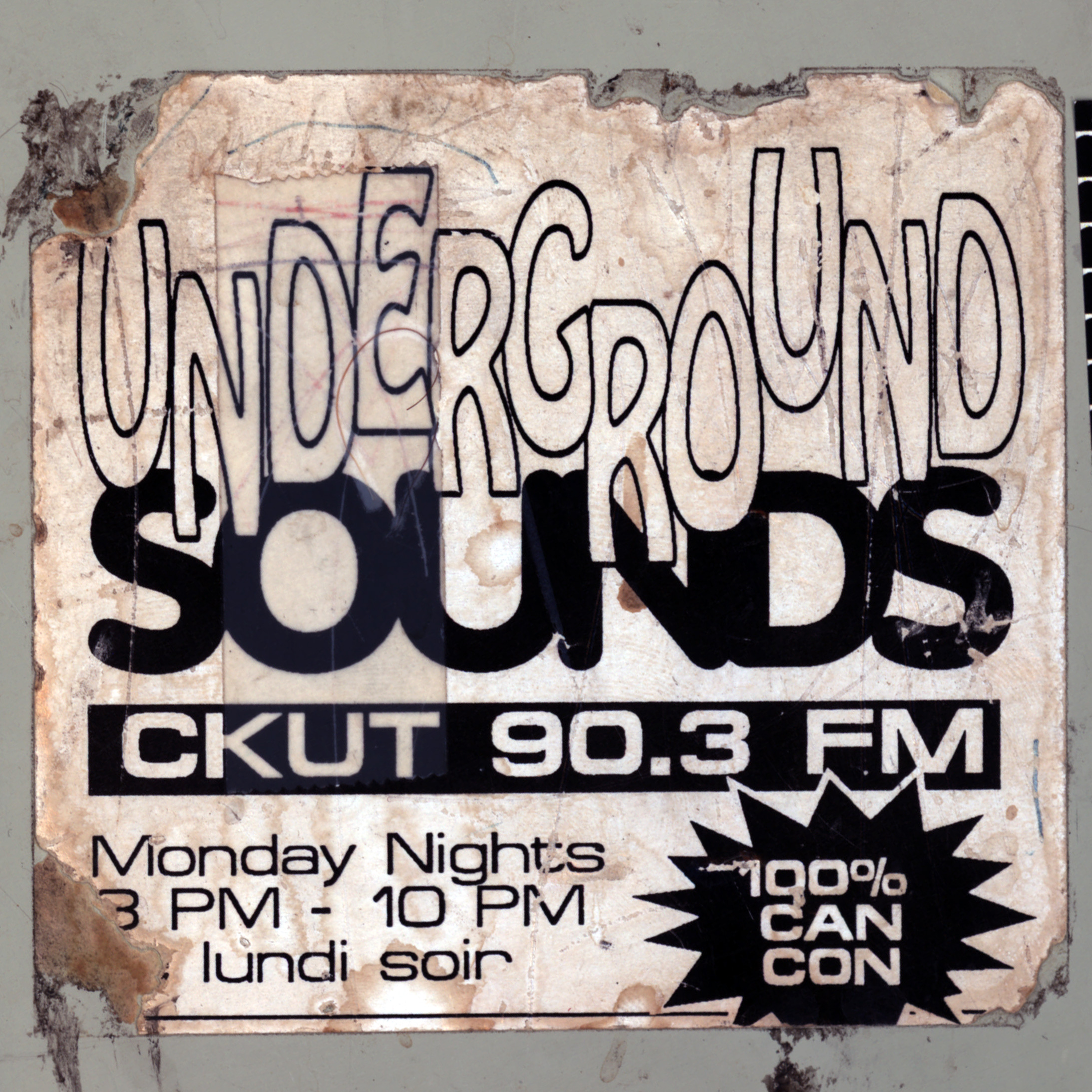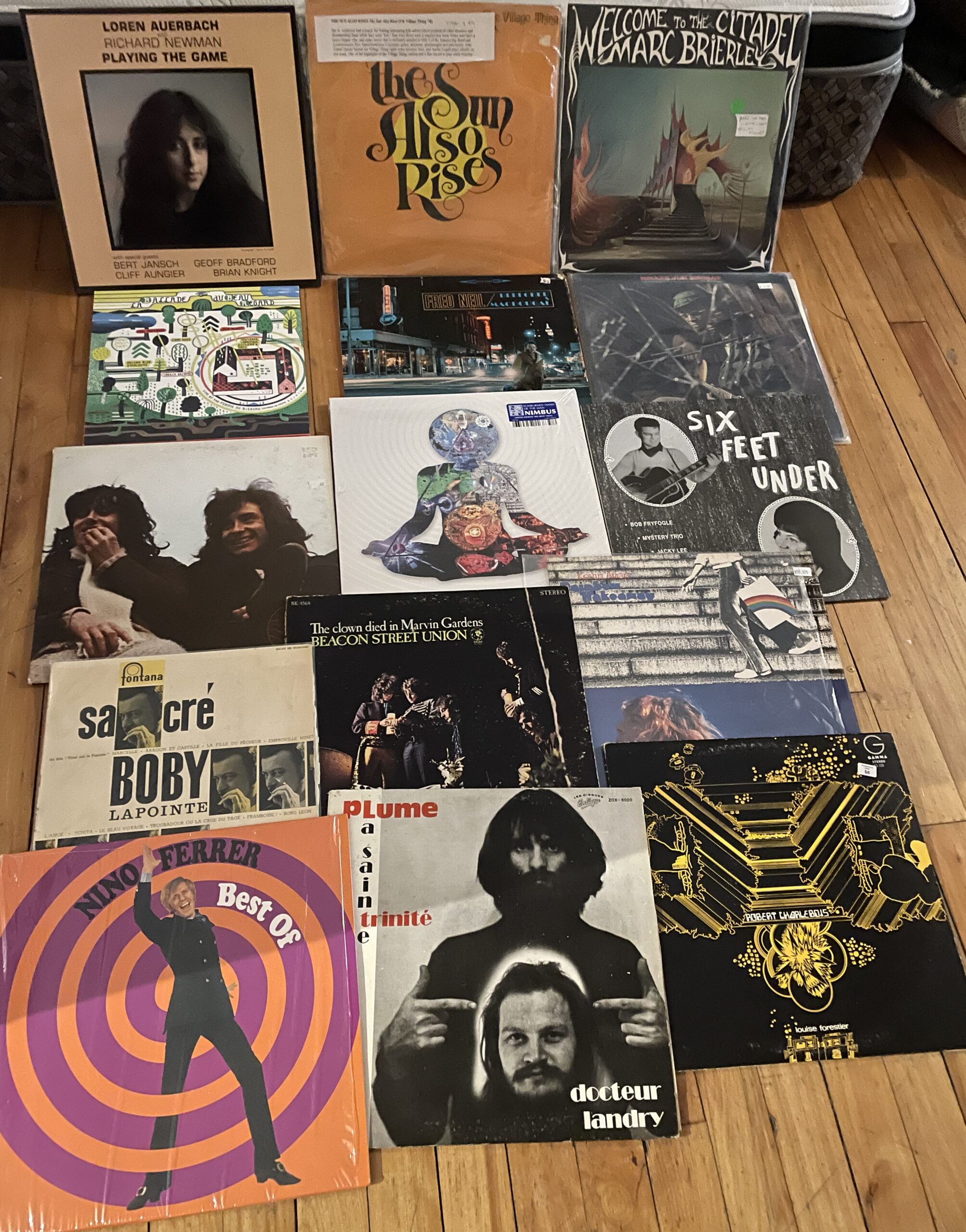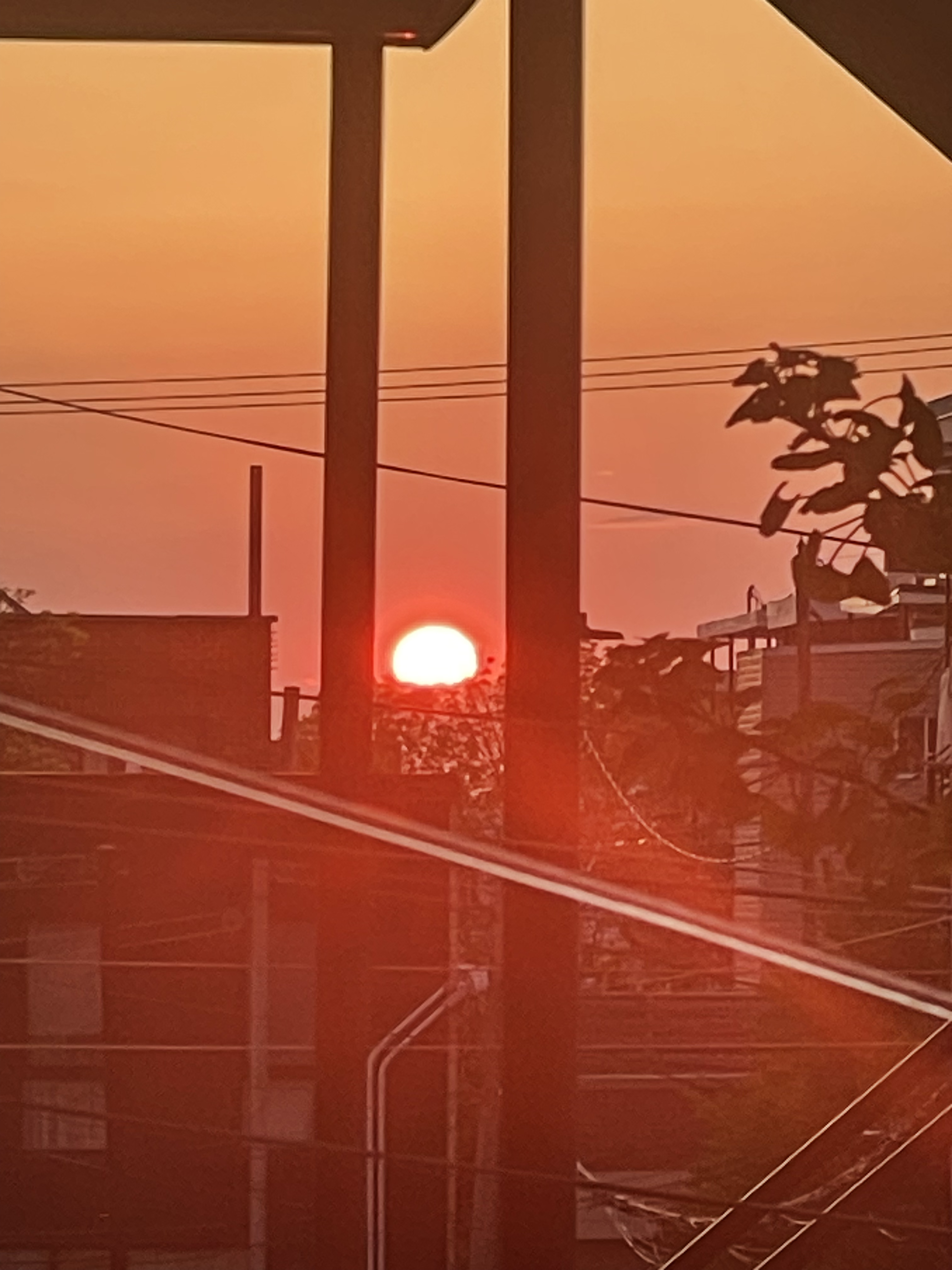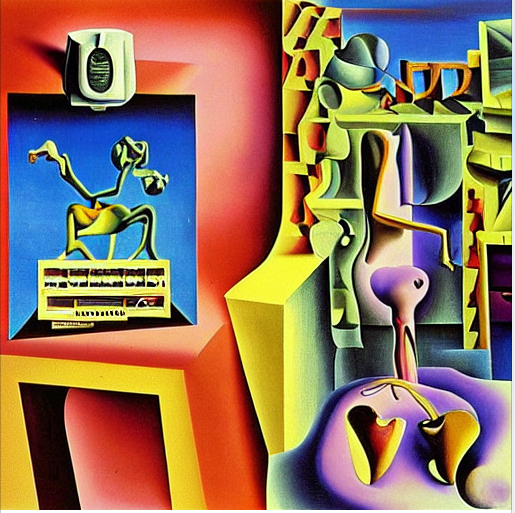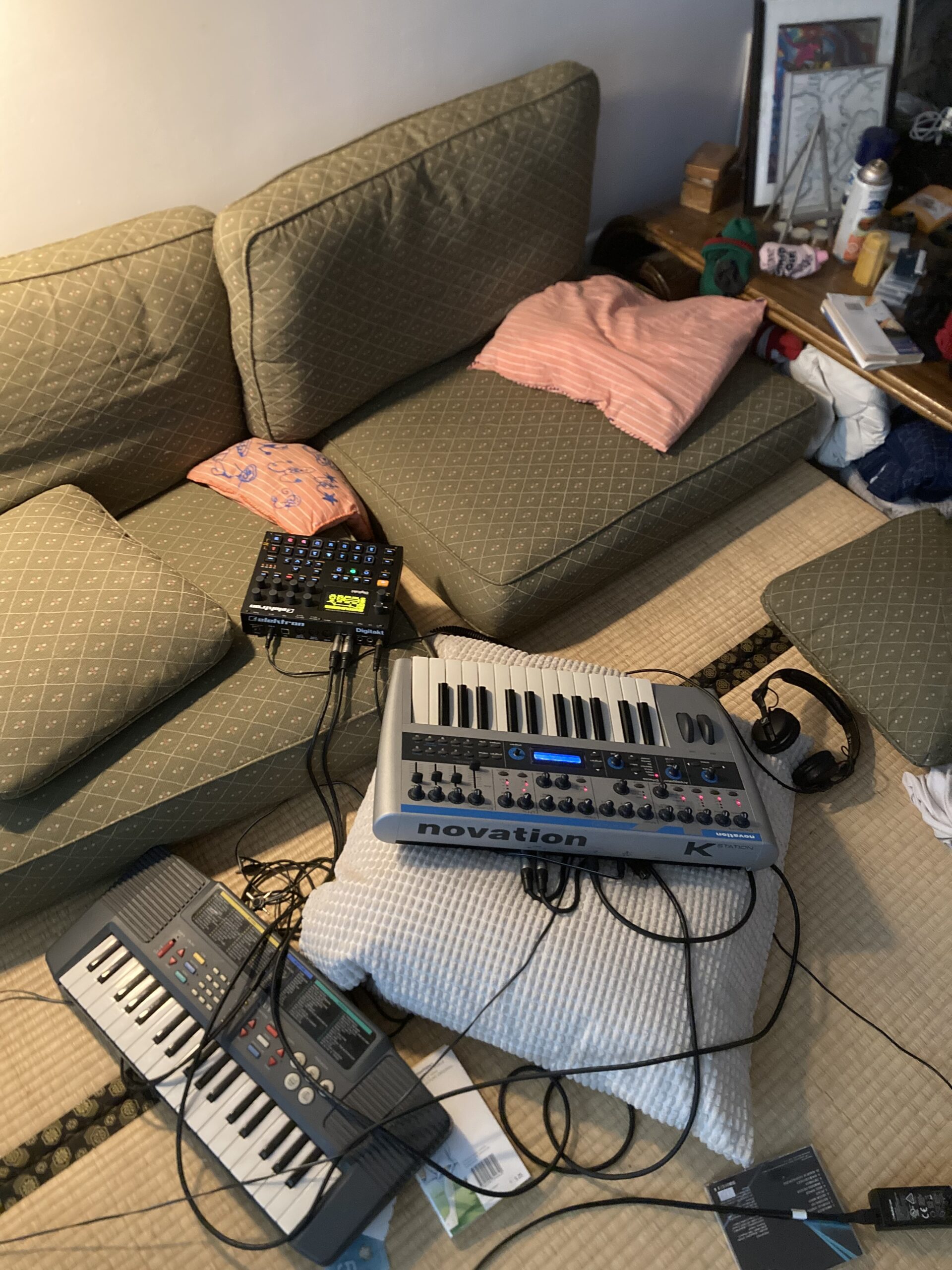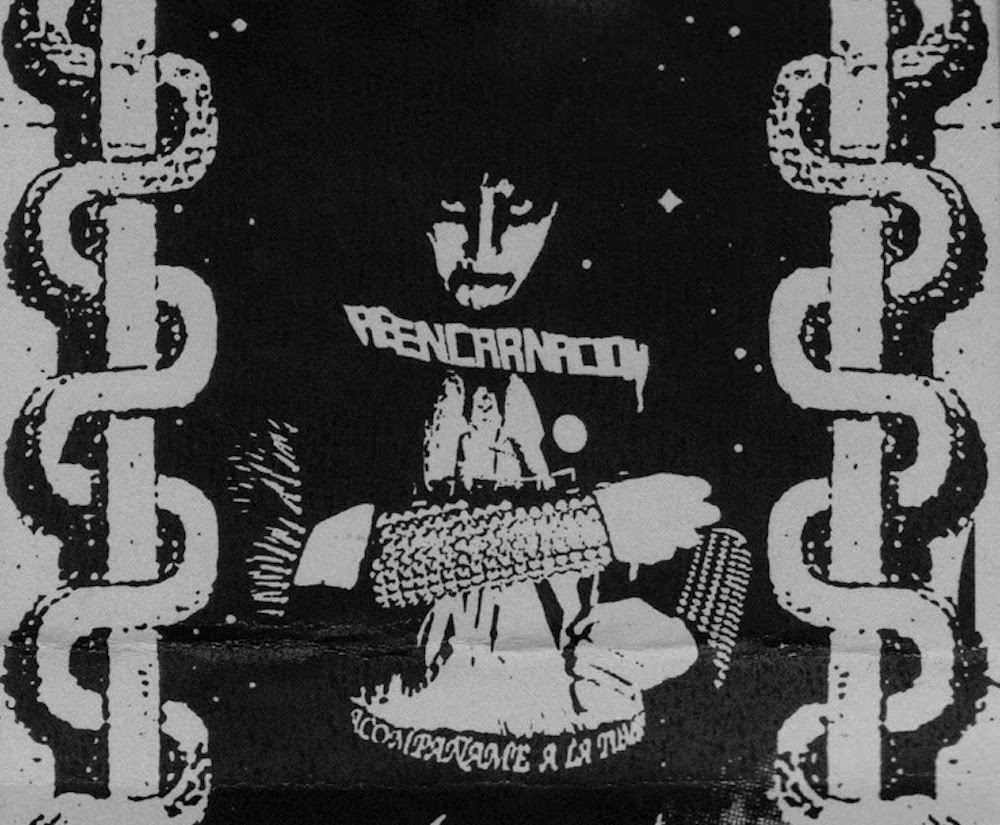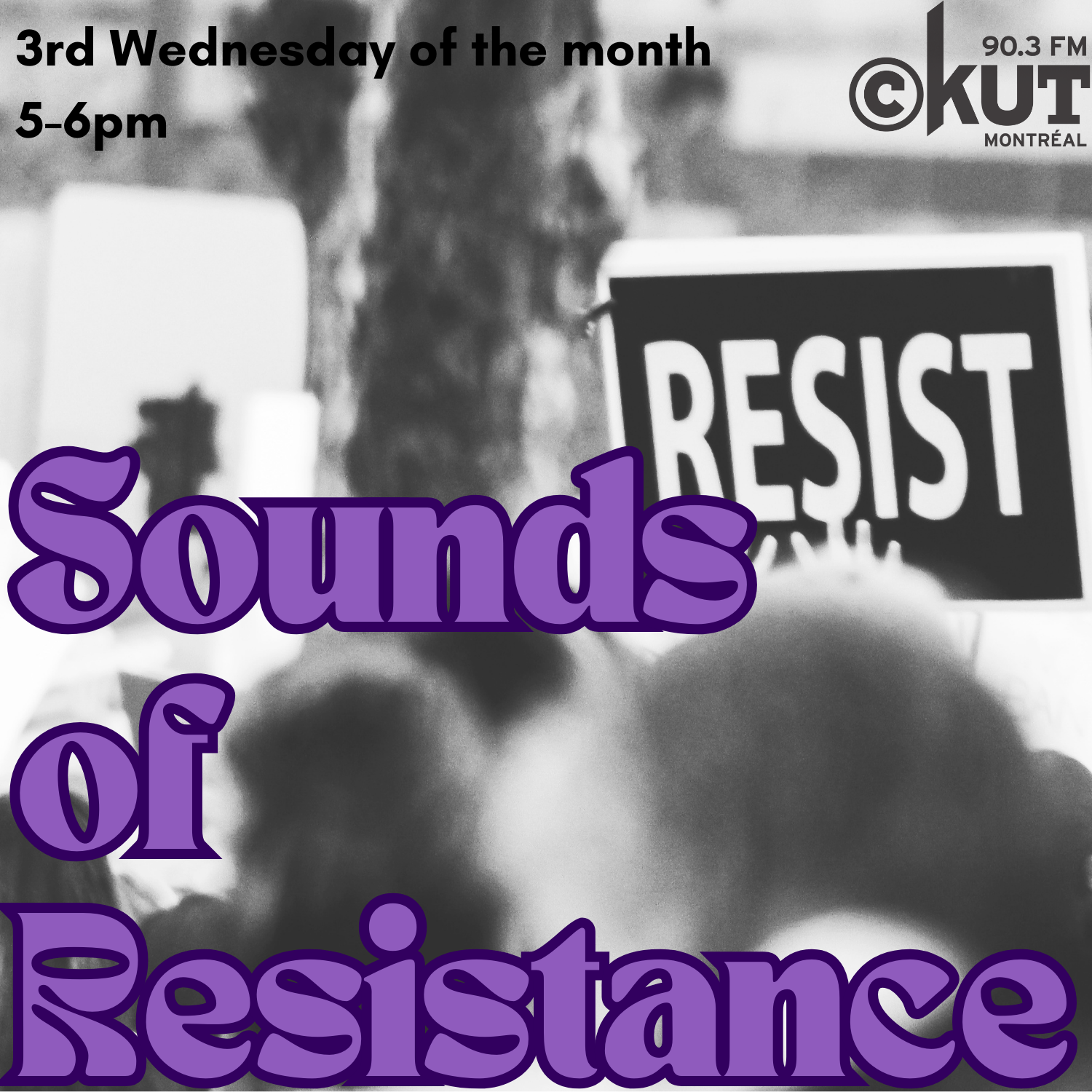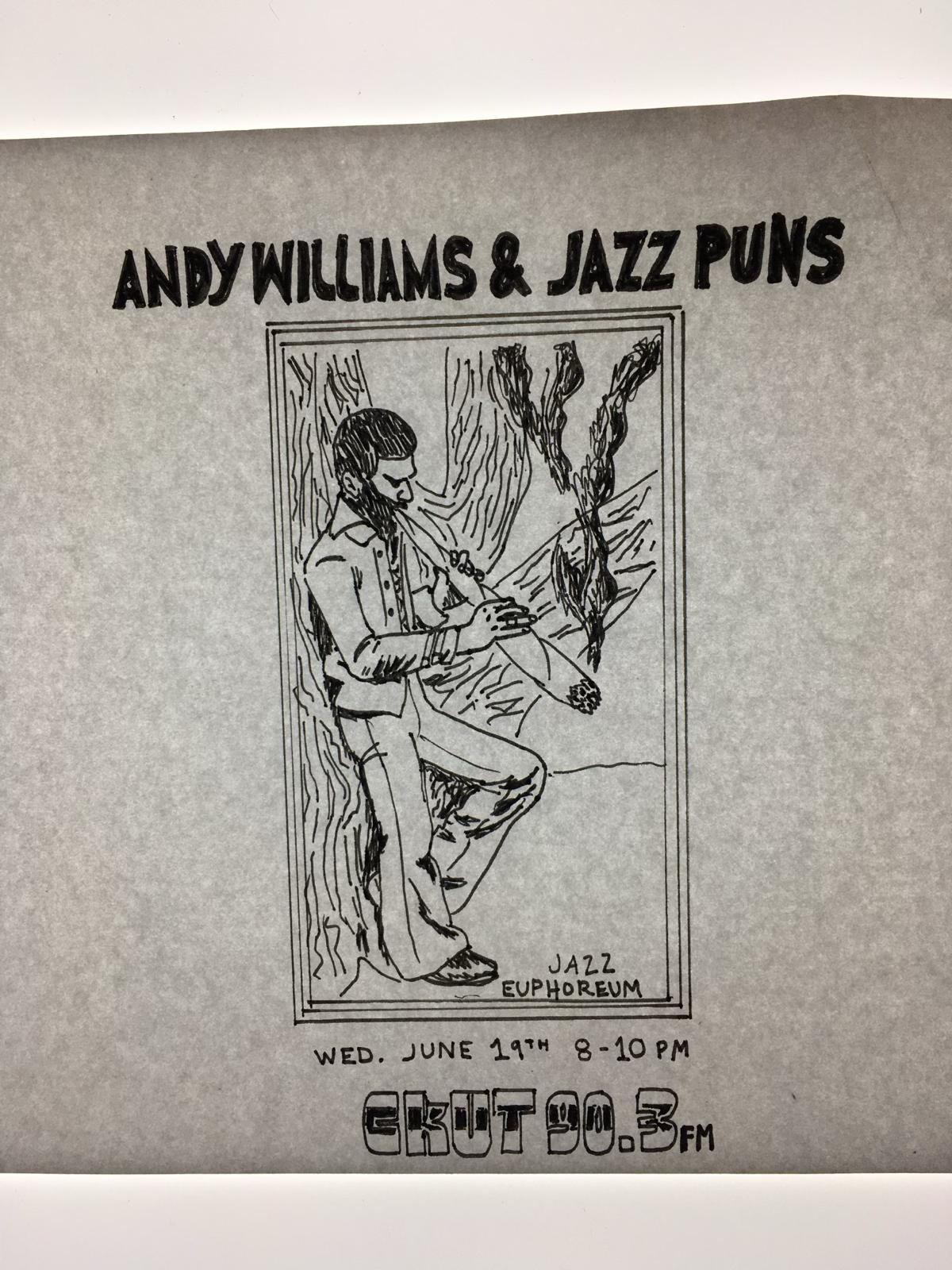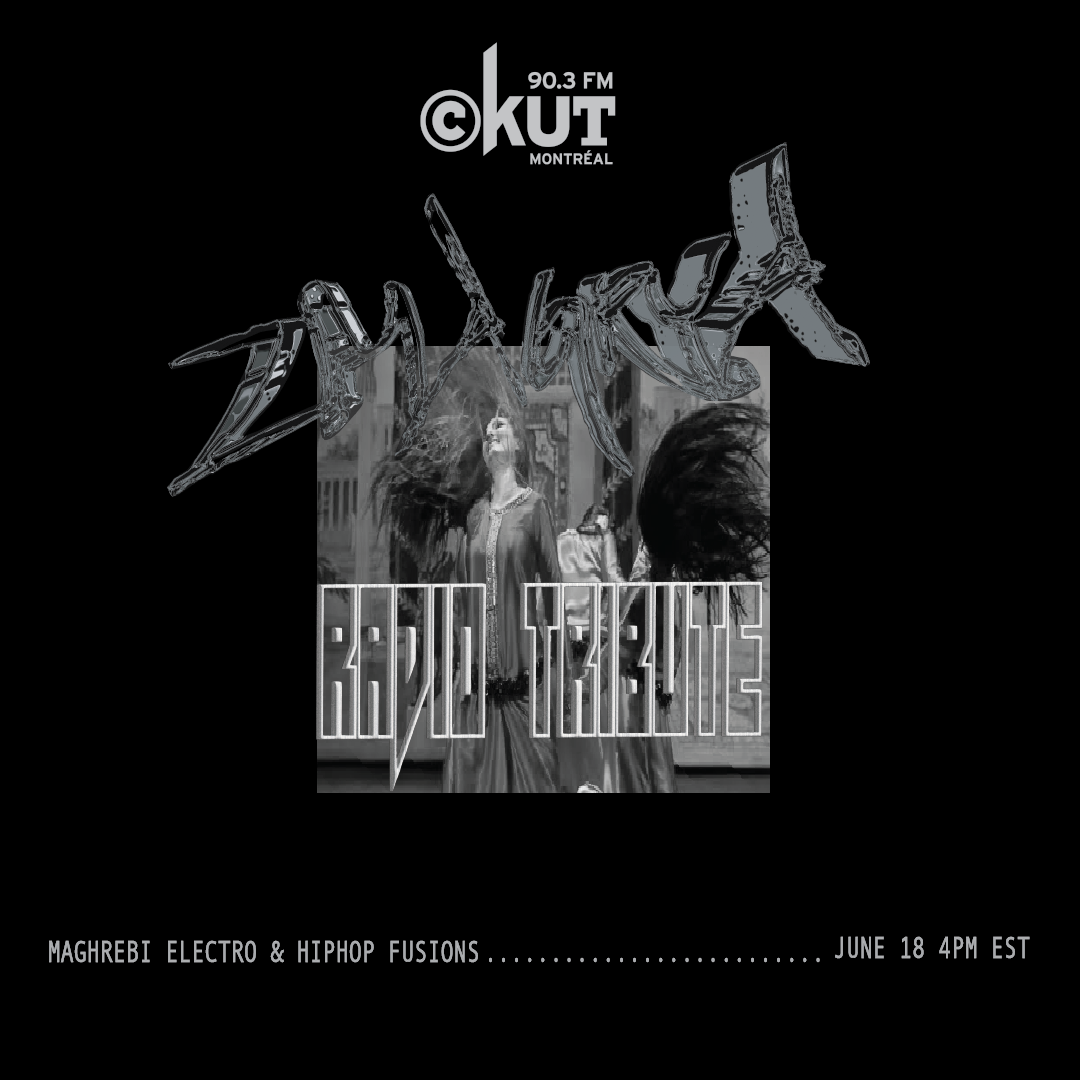Album Review: Pierre Kwenders – MAKANDA at the End of Space, the Beginning of Time
By Juliana Van Amsterdam

Pierre Kwenders may have broken the bank in terms of long titles, but for an album as expansive as MAKANDA at the End of Space, the Beginning of Time, it’s more than well-deserving. Kwenders (née José Louis Modabi) is of Congolese descent but moved with his family to Quebec at sixteen; he has since become a darling of the Montreal underground dance scene as co-creator of the clandestine dance collective, Moonshine. Fluent in French, English, Lingala, and Tshibula, Kwenders employs his vast linguistic and musical acumen to weave a contemporary “Pan-African sound.”
MAKANDA is Kwenders’ sophomore full-length release, and it strays from the more experimental electronic Le Dernier Empereur Bantou by leaning into the classic rumba of his homeland and incorporating the diverse music styles he grew up with: classic Québécois hip hop, Afropop, and influences from his days as a Congolese-Catholic choir boy. Additionally, Kwenders travelled across the continent to Seattle, pairing up with Shabazz Palaces’ Tendai Maraire and many others to perfect this all-inclusive album; collaborations on various tracks involve Kae Sun, Tanyaradzwa, Ishmael Butler (Ish aka Palaceer Lazaro), and Hussein Kalonji.
The album centers around three universal themes. First and foremost is strength: “Makanda” is Tshibuli for strength, and here Kwenders is specifically paying tribute to the strength he has derived from the women in his life, notably his mother, aunt, and sister. The other two themes center around the all-powerful, encompassing feeling of love, and the ability to share it and celebrate life with love through music. MAKANDA breathes these universal themes to life with a vibrant energy that incorporates Afrocentric melodies, the hip hop of his youth, and the creative dance beats that are currently taking Montreal by storm; it is, quite literally, an album that spans the globe.
“Woods of Solitude” was purportedly the first track Kwenders and Malaire produced together for MAKANDA, and their combined creativity shines in this lush, complex track. Kwenders’ husky vocals ground the billowing instrumentals, and his use of syncopation amidst the swirl of brassy synth drum, guitar, and heavy bass helps to keep things from flying out of control. “La La Love” has a more contemporary pop sound, but still retains the rumba beat accompanied by a lilting, delicate guitar melody. Tanyaradzwa and Kae Sun are notable features.
“Makanda” brings a solemn musical theme to the surface with its complex tonal nature. The mbira lends a more haunting, foreboding sound this time around, and vocal contributions from Palazeer Lazaro and SassyBlack serve to strengthen the track. “Sexus Plexus Nexus” is a sensuous, layered romp of a track that harks back to disco and soul while maintaining that classic, syncopated rumba rhythm. The saxophone is featured here at the forefront of a colorful musical tapestry, aided by synth, guitar, and a relaxed dance beat. It is easily the most celebrated and celebratory track on the album.
When listening to MAKANDA at the End of Space, the Beginning of Time, it is impossible not to be transported out of whatever universe in which you currently reside (for me, it would be the sweltering heat wave in Montreal) and into an all-inclusive, worldwide dance party. Kwenders is sending out a call for everyone to get up and do exactly what the otherwise-inane “LIVE LAUGH LOVE” signs implore. It’s a call to stand up and dance in spite of the cloud of hopelessness that seems to have enveloped the world, and I am here for it. Would you like to dance with me?

